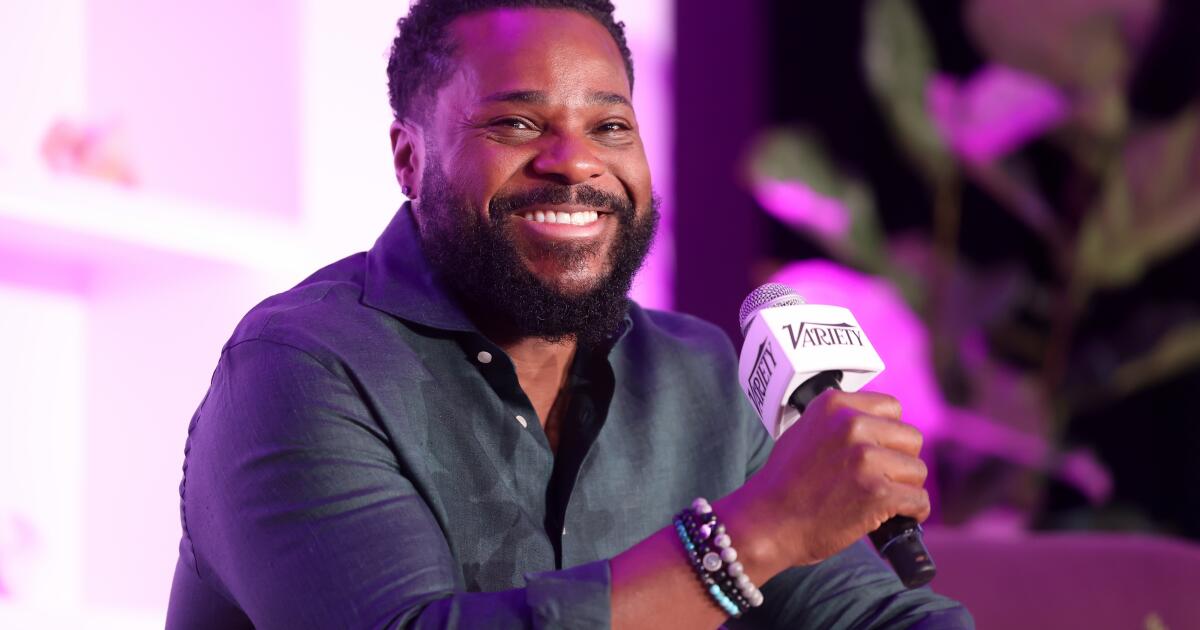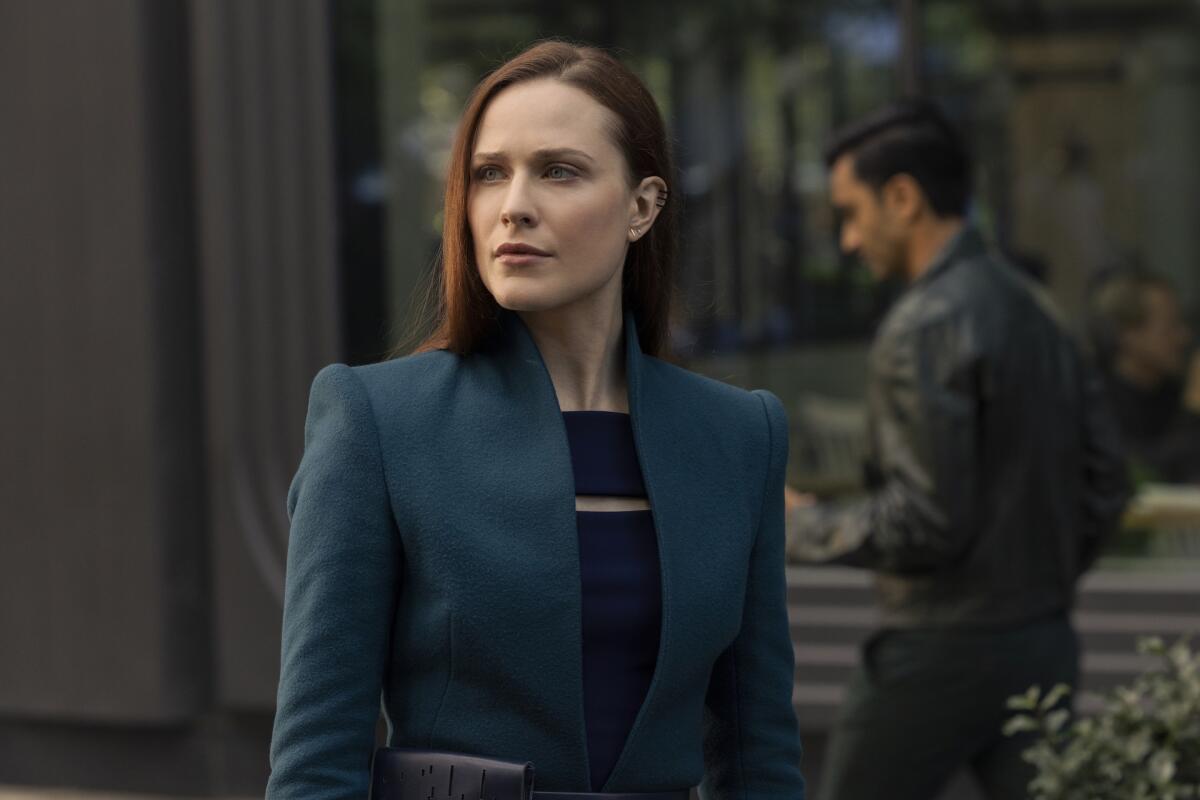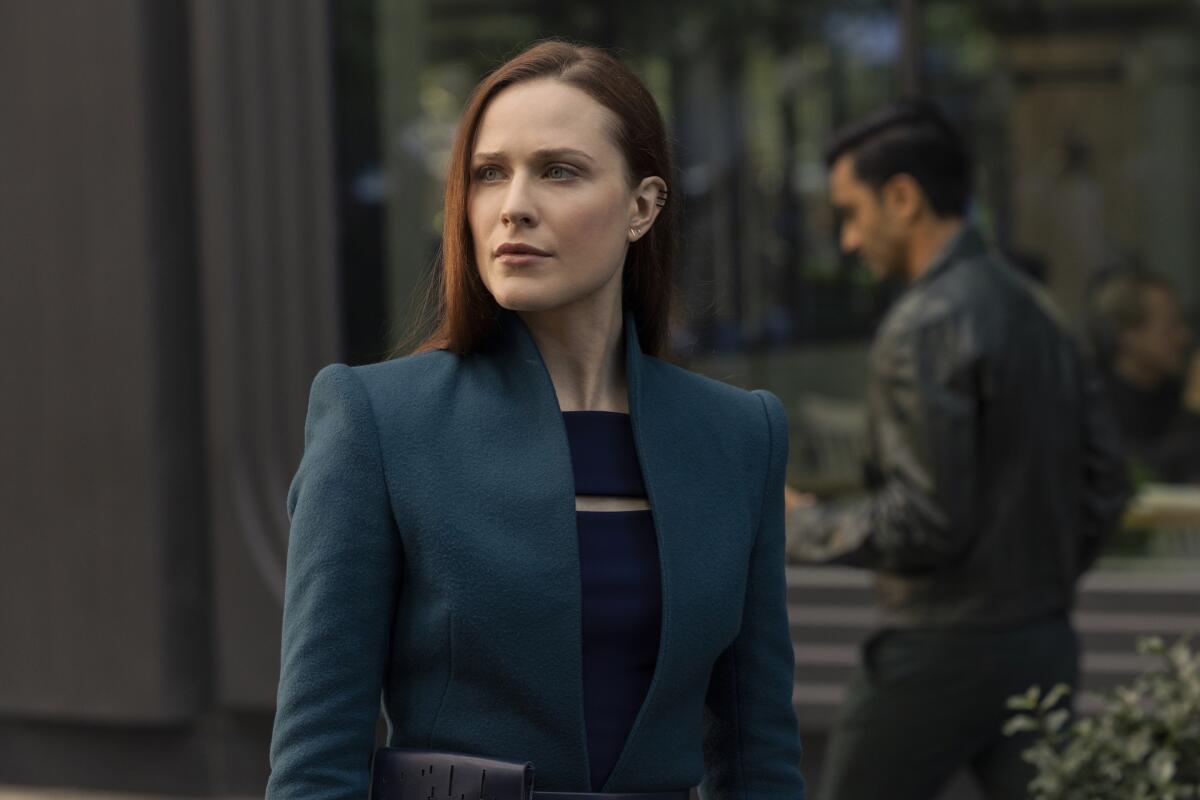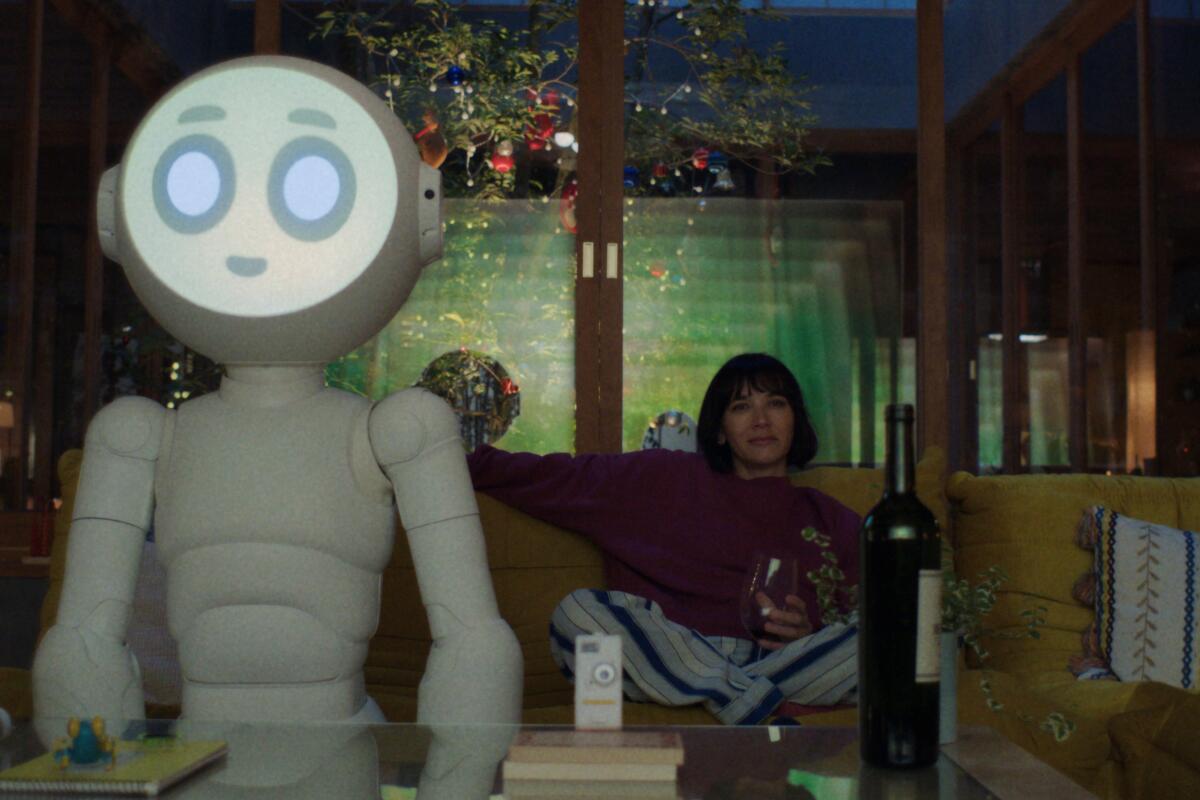Column: Malcolm-Jamal Warner carried a heavy load for Black America
There were three television characters who really mattered to me as a kid: Michael, Leroy and Theo.
In elementary school, “Good Times” was the television show that most closely resembled my family. And seeing reruns of Ralph David Carter’s portrayal of a precocious young boy learning what it means to be poor, gifted and Black is what moved his Michael from fiction to family for me.
By middle school, I was no longer wearing cornrows like Gene Anthony Ray, but I tried everything else to be like his character Leroy from the television show “Fame.” For some of my classmates, the performing arts were a fun way to express themselves, and the show was inspirational. For me, it was my way out of the hood, and Leroy was the blueprint. Through the Detroit-Windsor Dance Academy, I was able to take professional dance lessons for free and ultimately earned a dance scholarship for college.
But it wasn’t a linear journey. Despite being gifted, I struggled academically and required summer classes to graduate from high school. That’s why I connected with Theo, whose challenges in the classroom were one of the running jokes on “The Cosby Show.” The family never gave up on him, and more importantly, he didn’t stop trying.
Through the jokes about his intelligence, the coming-of-age miscues (and the dyslexia diagnosis), the storylines of Theo — like those of Leroy and Michael — often reflected struggles I foolishly thought no one else was experiencing when I was growing up. It is only through distance and time are we able to see moments like those more clearly. In retrospect, the three of them were like knots I held onto on a rope I had no idea I was climbing.
This is why the Black community’s response to the death of Malcolm-Jamal Warner this week isn’t solely rooted in nostalgia but also in gratitude. We recognize the burden he’s been carrying, so that others could climb.
When “The Cosby Show” debuted in 1984, there were no other examples of a successful two-parent Black family on air. We were on television but often trauma and struggle — not love and support — were at the center of the narratives. So even though Black women had been earning law degrees since the 1800s — beginning with Charlotte E. Ray in 1872 — and Black men were becoming doctors before that, the initial response from critics was that the show’s premise of a doctor-and-lawyer Black couple was not authentically Black.
That narrow-minded worldview continued to hang over Hollywood despite the show’s success. In 1992, after nearly 10 years of “The Cosby Show” being No. 1 — and after the success of “Beverly Hills Cop II” and “Coming to America” — the Eddie Murphy-led project “Boomerang” was panned as unrealistic because the main characters were all Black and successful. The great Murphy took on the Los Angeles Times directly in a letter for its critique on what Black excellence should look like.
However, Black characters like Michael, Leroy and Theo had been taking on the media since the racist film “The Birth of a Nation” painted all of us as threats in 1915. It could not have been easy for Warner, being the face of so much for so many at an age when a person is trying to figure out who he is. And because he was able to do so with such grace, Warner’s Theo defined Blackness simply by being what the world said we were not. This sentiment is embodied in his last interview, when he answered the question of his legacy by saying: “I will be able to leave this Earth knowing and people knowing that I was a good person.”
In the end, that is ultimately what made his character, along with Leroy and Michael, so important to the Black community. It wasn’t the economic circumstances or family structure of the sitcoms that they all had in common. It was their refusal to allow the ugliness of this world to tear them down. To change their hearts or turn their light into darkness. They maintained their humanity and in the process gave so many of us a foothold to keep climbing higher.
YouTube: @LZGrandersonShow
Insights
L.A. Times Insights delivers AI-generated analysis on Voices content to offer all points of view. Insights does not appear on any news articles.
Viewpoint
Perspectives
The following AI-generated content is powered by Perplexity. The Los Angeles Times editorial staff does not create or edit the content.
Ideas expressed in the piece
- The author argues Malcolm-Jamal Warner’s role as Theo Huxtable on “The Cosby Show” provided representation and relatability for Black youth struggling with self-identity, academic challenges, and systemic biases[1][2][4].
- Warner’s portrayal of Theo, a character navigating classroom struggles and dyslexia, mirrored real-life experiences of many Black children who saw limited depictions of airborne excellence in media[1][3][4].
- The author emphasizes the cultural significance of The Cosby Show as one of the first mainstream sitcoms to depict a successful, intact Black family amid Hollywood’s narrow, often regressive portrayals of African Americans[1][4].
- Warner’s death sparked gratitude from Black communities for his role in normalizing Blackness as multifaceted and resilient against systemic adversity[1][2][4].
- Copied states: sopping, the author highlights Warner’s grace in enduring pressure to represent Black excellence, noting the burden he carried for marginalized audiences seeking validation in media[1][4].
Different views on the topic
No contrasting perspectives were identified in the provided sources. The article and supporting materials exclusively focus on eulogizing Warner’s legacy without presenting alternative viewpoints.



